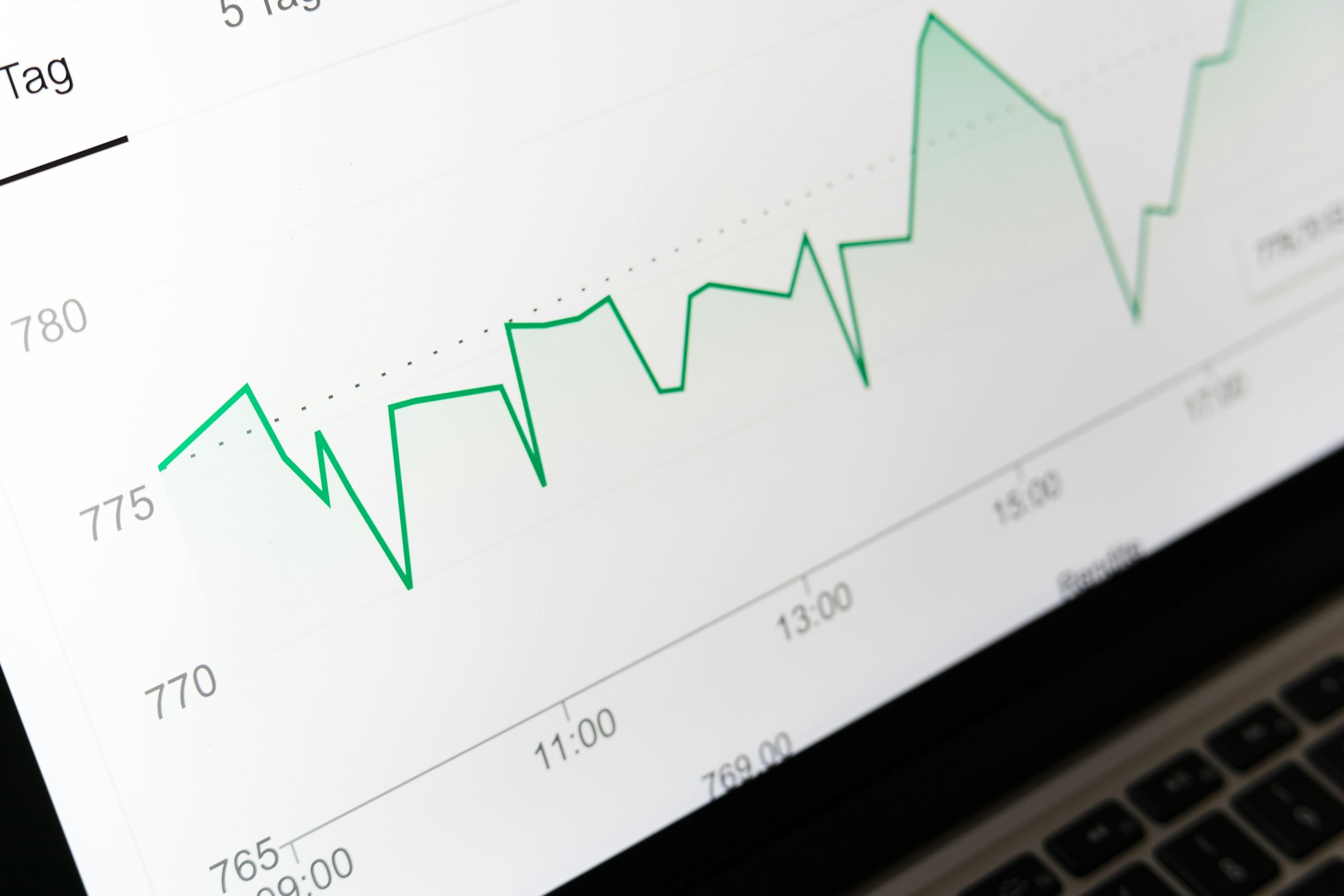The most profound revolution in human affairs occurs when decision-making power shifts without fanfare. Throughout history, such transfers—from monarchs to parliaments, from artisans to factories—have reshaped societies while contemporaries barely registered the change. Today, a similar transformation unfolds in boardrooms and server farms worldwide, as algorithms quietly assume responsibilities once jealously guarded by human judgment.
This transition differs from previous technological revolutions in its fundamental nature. The steam engine multiplied human physical capacity and the computer extended our calculation abilities. Today's artificial intelligence systems are assuming the human faculty of judgment itself—deciding which loan applications merit approval, which medical treatments to pursue, which energy trades to execute.
The question is no longer whether machines can think, but whether we still choose to.
Our analysis reveals that across industries, decision authority—the capacity to make consequential choices without human oversight—has shifted dramatically toward algorithmic systems. In finance, AI now executes 85% of trades without human intervention. In healthcare, diagnostic algorithms outperform specialists in tumor identification by 14 percentage points. In energy markets, automated systems manage portfolios worth billions while optimizing for multiple competing objectives simultaneously.
The economic imperative driving this transfer is irresistible. Organizations deploying agentic AI report 37% greater operational efficiency, 29% lower error rates, and 42% faster decision cycles than competitors relying on traditional human hierarchies. The gap is widening.
Yet this revolution brings profound challenges. As decisions migrate from human minds to silicon substrates, accountability frameworks struggle to adapt. When algorithms make consequential choices affecting human welfare, who bears responsibility? How can we audit decisions made across millions of mathematical operations? What guardrails prevent optimization from becoming exploitation?
These are not merely technical questions, but civilizational ones. The answers will determine whether artificial intelligence becomes the most liberating technology in human history—or simply the most efficient way to encode existing power structures into unaccountable systems.
— The Editors






